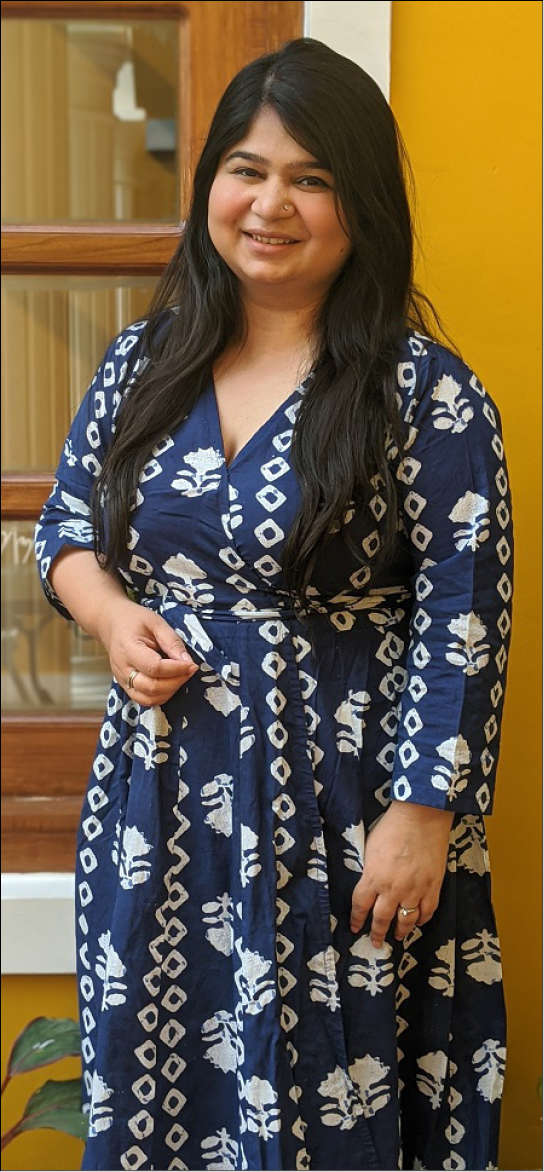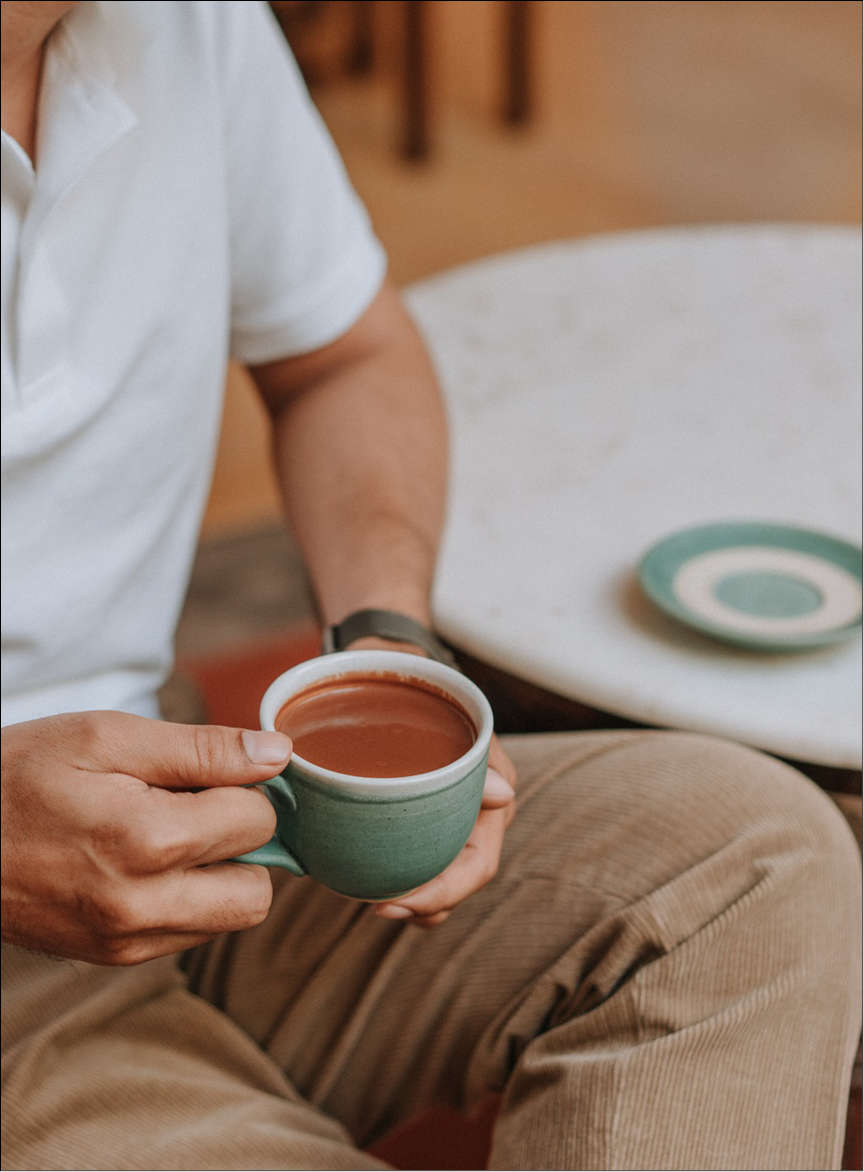


When Australian lawyer-and-chocolate-maker-turned-yoga junkie Jane Mason and her French husband (now ex-), Fabien Bontems, a sound engineer by training, launched their artisan chocolates named Mason & Co. from Auroville in 2014, I discovered India produced top-notch cacao, the basic building block of chocolate. Along the way, I met Nitin Chordia, who, apart from being (or so he says) the country’s only chocolate taster, produces the Cocoatrait bean-to-bar craft brand. His passion and products convinced me that Indian cacao is one of our biggest well-kept secrets, in urgent need of exposure to the world.
My faith in it was solidified when on a food exploration in Francisco late last year I spent an afternoon at the factory and shop of Dandelion Chocolates, a local craft brand founded by two dotcommers. There, too, India followed me in the form of a discovery—I stumbled upon Cacao from Annamalai Hills, which was to be the new flavour being mulled over for introduction into the American market by the owners of Dandelion.


Indian Cacao is definitely going places and its most fervent new advocate is Sheetal Saxena, who, after spending five years as a wealth manager with ICICI Bank, has created the Colocal craft chocolate brand and a cafe of the same name at Dhan Mill, 100 Foot Road, Chhattarpur, where the chocolate drink has become the toast of this hotspot of Delhi’ young and smart people. Sheetal sources her cacao from Kerala’s Idukki Hills and the neighbouring parts of Tamil Nadu. For inspiration, though, she doesn’t have to travel far.
Sheetal’s husband, Nishant Sinha, a hotel management graduate who launched Hyderabad’s hugely successful Roastery Coffee House three years ago after stints with Lavazza and HUL, is a trained cacao roaster. Roasting is the foundation of good chocolate. It follows the fermentation and drying of the cacao beans in the plantations where they are grown. The process defines the personality of the beans, which, in turn, gets reflected in the final bar of chocolate.
If there are so many votaries of Indian cacao, what has prevented it from getting the kind of attention that Indian coffee has lately been lavished with? It is not a coincidence that the rise of artisan Indian coffee has been driving the growing visibility of Indian cacao. I, for one, discovered Mason & Co at the original Blue Tokai outlet in Lado Sarai. Sheetal provides an explanation.
She says the mega multinationals in the chocolate business taught our coffee farmers how to grow cacao, but thanks to “age-old contracts”, they end up getting Rs 60 a kilo, but producers of craft chocolates, who also believe in fair trade, pay from Rs 350 to Rs 450 a kilo. The price differentiation incentivises the farmers to invest more time and effort in the fermentation process, which, in turn, does wonders to the finished product. “Fermentation is critical to the development of the profile of your beans. Your chocolate can only be as good as the quality of the beans,” says Sheetal. Sound advice from a passionate chocolate maker.